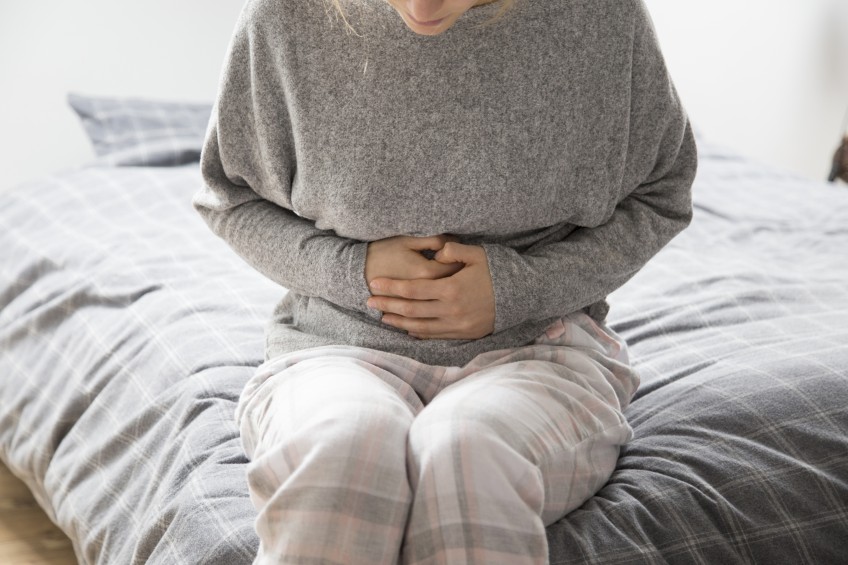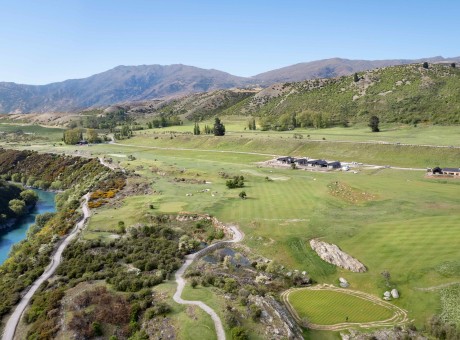Official crypto cases rise to 17 whilst hundreds more report gastro illness

Two more confirmed cases of cryptosporidium have been reported in the Queenstown area, bringing the total number of infections to 17, but it is likely the bug is spread much more widely through the community.
Public health officials continue to chase the cause of the unusual outbreak as the Queenstown Lakes District Council tests it water supply daily in an attempt to rule it out - or in - as the culprit.
Cryptosporidium is generally a water-borne illness, but so far the source of the Queenstown outbreak is unknown, despite public health service staff scrambling to find a common link between people made sick by the parasite.
Dr Susan Jack, Te Whatu Ora's Southern Medical Officer of Health, acknowledges while people locally may have been anecdotally reporting an increase in runny tummies for weeks the cryptosporidium outbreak was only able to be confirmed in recent days.
She tells Crux last week, when we first started making enquiries, there were "normal levels of gastroenteritis in the community".
While people may not have been presenting at medical centres with symptoms, they have not been shy about presenting to social media, with one post to a local community group on Facebook close to two weeks ago attracted hundreds of comments, many from people experiencing diarrhoea. Several employers spoke to by Crux have also confirmed a rise in employee sickness in recent weeks.
Dr Jack says most people manage "self-limiting illnesses" like this at home and do not seek medical care or testing.
"We are aware of social media reports of gastro illness in the community and we are actively working on establishing the size of the outbreak."
The health authority is working with Queenstown primary care providers on testing and is encouraging people who live or work in Queenstown to call their GP practice if they have diarrhoea.
It says frequent hand washing with soap and water is the best way to curb the spread of the illness - in this case, hand sanitiser is not a preventative measure.
Other tips to help stop the spread include:
- Stay home or keep young children home when you or they have an active case of diarrhoea
- Don’t drink untreated water
- Shower before using recreational swimming facilities to wash away any potential cryptosporidium organisms on your body
- Don’t swallow pool water
- Take young children at the pool to the bathroom frequently
- Wash all produce before eating it, while peeling skins will also reduce risk
- Change children’s nappies often
- Stay clear of the water (swimming pools, spa pools, lakes and rivers) if you or your children have diarrhoea, and stay out of the water for a full two weeks after the diarrhoea subsides
It says the biggest health risk from 'crypto' is dehydration, and anyone who is pregnant, young children, and older people with symptoms should be especially careful to keep their fluid intake up. The best thing people who are sick with the bug can drink is water that has been boiled for one minute or bottled water.
A boil water notice issued by the Queenstown Lakes District Council on Monday night affecting thousands of central Queenstown and Frankton households and businesses remains in place.
Earlier today Crux revealed an initial email from public health services staff to the council alerting them to the confirmed outbreak was missed over the weekend and only picked up on Monday morning when council staff returned to work.
The council has today launched a webpage to provide regular updates on the situation.
Main image (Freepick/katemangostar): Health officials want people who live or work in Queenstown to call their GP practice if they have diarrhoea.
Read more:
Public health's crypto cases warning lost in QLDC's weekend lull
Queenstown scrambles after water warning
Plans for water filters but no funds as Queenstown chases cause of illness
QLDC clears water supply as Fernhill gets slammed by gastro bug

























